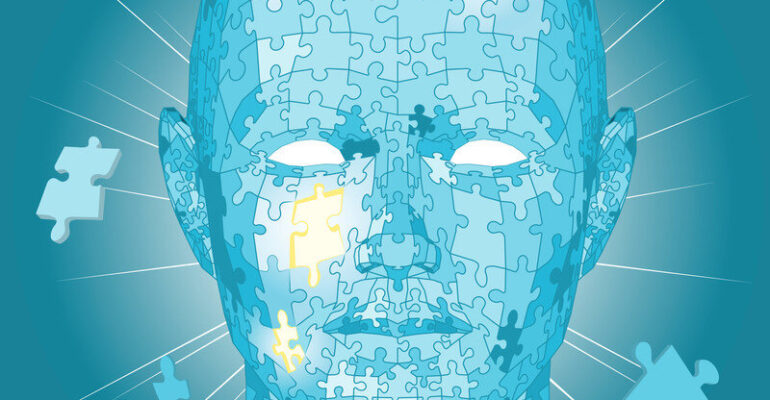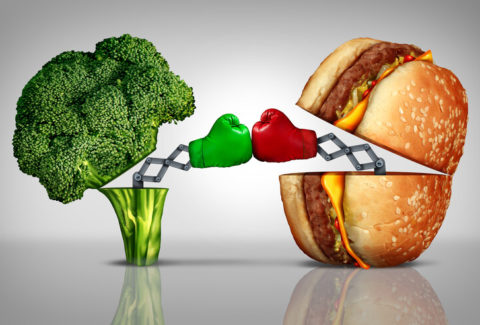Who Are You and How CBT can Help You Answer This Question
What do you think about when you hear this question? What comes to mind? What does it evoke for you? And what types of associations come to mind?
Moreover, do you know the answer to this question? Do you have an answer? What is your answer? And how do you go about answering this question? Do you answer this question based on your title, your degree, or your current profession? Do you answer this question based on whether you are a parent or not, based on your skin tone, or based on your ethnic or cultural beliefs? Do you answer this question based on what you grew up hearing or believing, based on what others have told you, or based on what you hear on the media?[1]
Just like we discussed in a previous article regarding why you are here, who you are is another essential question, though you may have yet to come to appreciate its essence and why it is one of the most important questions you will answer in life. Let us look into why:
- You are what you think you are: Do you see anything that you are doing, all the habits you have, all the results you’ve been getting in life? Do you see how you’ve been feeling, your relationship with your emotions, and your relationship with your thoughts? Well, all of this has to do with what you think you are. There is no other way around it. In other words, who you are depends on what you think you are. The caveat is that what you think you are may be rather erroneous but still determines every single area of life, in your relationships, in your career, in your work with your patients, among other things. [2]
- What you think you are is likely to be erroneous: This is related to the previous reason why answering clearly the question of who are you, is rather essential. You see, you were born and raised in a family, a community, and a society, that effortlessly programs you. Your brain is like a sponge, soaking up every single thing that comes its way, without thinking, reasoning, analyzing, or questioning anything that comes its way. In other words, you hold very dear to your heart anything and everything authority figures around told you or held, themselves, dear to their heart. These things then became the holy grail for you, the final and ultimate truth, and this includes the belief of who you think you are.
How can you tell whether who you think you are is erroneous or not? The simplest answer to this is in the Outcome Test, also known as the Result Test. The way it works is as follows:
- Select one area of your life (You can use the 7 Category Life Model [3], mentioned in a previous article, for convenience)
- Ask yourself, “how well am I doing in this area”? (Use a scale of 1 to 10, 10 being the best you could possibly do)
- Ask yourself, “If who I think I am were different, what type of result would I get, instead, in this area of my life?
If you follow them, these three steps will help you start realizing how much who you think you are has been getting in your way of getting the types of results you want in your life. You will, therefore, start to appreciate how erroneous who you think you are is.
Do you want to learn more about this?
Then join us for our full day 6 CEU online seminar on CBT Skills. You will learn tools that you had not heard about before. You will elevate yourself to a new way of being in the world, and you will make a difference for your loved ones and your patients in a way you might have never dreamed.
We look forward to seeing you.
Karen and Mardoche
[1] O’Sullivan, Michael. “Social Identity, Gender, and Their Relationship to CBT.” MHT, 5 Nov. 2020,
[2] Chand SP, Kuckel DP, Huecker MR. Cognitive Behavior Therapy. [Updated 2020 Oct 15]. In: StatPearls [Internet]. Treasure Island (FL): StatPearls Publishing; 2020 Jan-.
[3] Natasha, and Name *. “The 7 Categories of Life and How to Succeed in Each.” Natasha C Dewhirst, 29 Apr. 2020.









